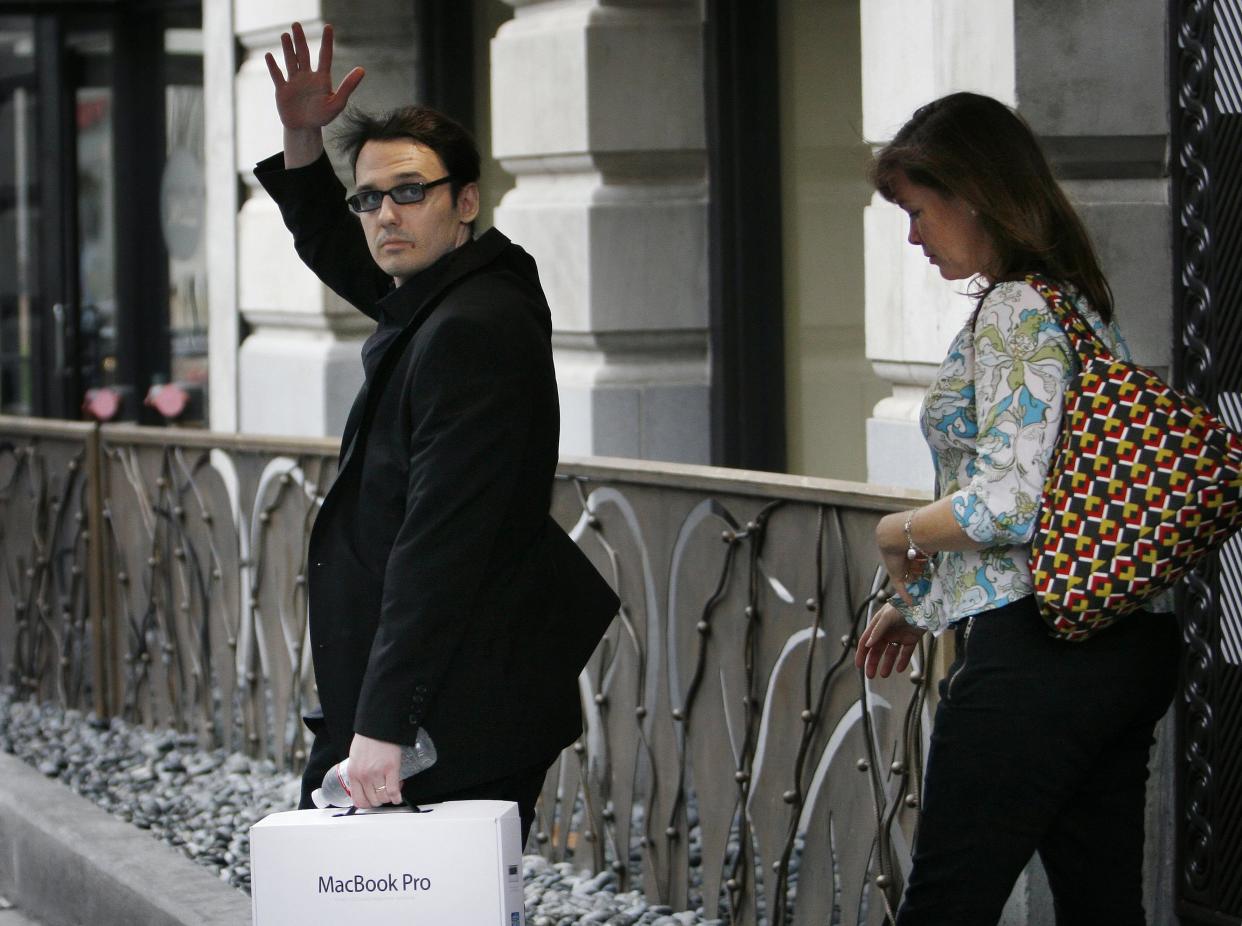Judge in West Memphis Three case denies request for further DNA testing

- Oops!Something went wrong.Please try again later.
A Crittenden County judge denied an argument from one of the West Memphis Three to retest his DNA with modern testing technology.
Damien Echols, who appeared Thursday before Judge Tonya M. Alexander in the Crittenden County District Court, believed modern DNA testing evidence would exonerate him and the other teens.
The petition came earlier in 2022 to use M-Vac method for testing, which releases and captures cells through wet vacuum principles — meaning it loosens DNA that might not have been valid for a test before.
Echols was convicted of capital murder by a Jonesboro jury, along with Jason Baldwin, for the brutal 1993 murders of three boys in West Memphis. Victims Steve Branch, Christopher Byers, and Michael Moore had been stripped naked, hog-tied, severely beaten, and left to die in a creek that led to a drainage ditch, according to Commercial Appeal archives.
The case caught the public's attention as details became available. At the same time, pressure was mounting for West Memphis, Arkansas, police to solve the case — and they pointed to Echols, Baldwin and Jessie Misskelley as primary suspects. All three were teenagers at the time.
Misskelley was tried in a separate court, in Clay County, where a jury found him guilty as well.
In years since the trials, evidence viewed as flimsy has come under scrutiny by celebrities, legal experts, and media — spawning a slew of documentaries and novelizations of the case.
In 2011, the three were released after entering an Alford plea — which allows defendants acknowledge that there is enough evidence to convict them, but not admit guilt.
Lucas Finton is a news reporter with The Commercial Appeal. He can be reached at Lucas.Finton@commercialappeal.com and followed on Twitter @LucasFinton.
This article originally appeared on Memphis Commercial Appeal: Request for further DNA testing in West Memphis Three case denied

